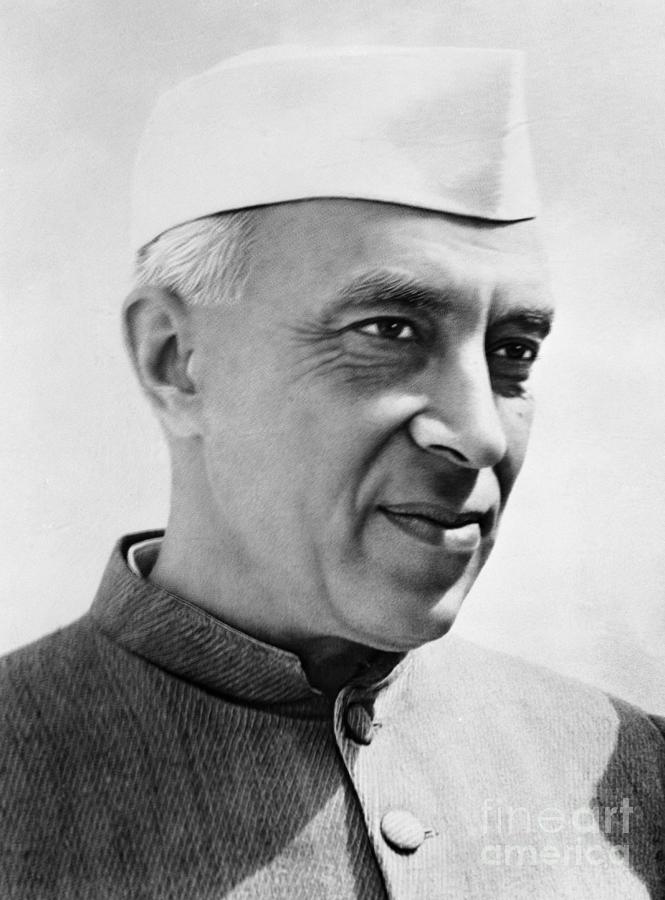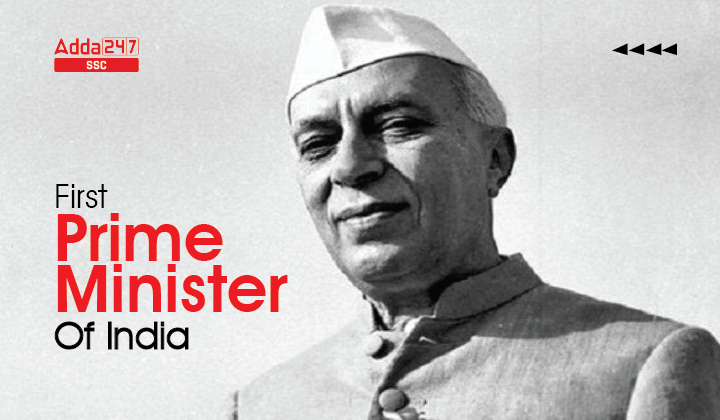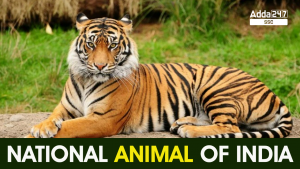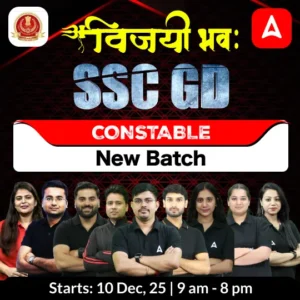Jawaharlal Nehru became the first Prime Minister of independent India on 15 August 1947. Fondly called Pandit Nehru, he was deeply loved for his dedication to education and his affection for children. His birthday, 14 November, is celebrated every year as Children’s Day in India. Nehru believed that children are the future of the nation and always encouraged their growth and learning. Due to his close bond with children, he was lovingly called Chacha Nehru. His efforts in shaping modern India and promoting education continue to be remembered with great respect and admiration. Bookmark this article for more details.
Who was Jawaharlal Nehru?
Jawaharlal Nehru played an important role in India’s struggle for freedom and emerged as a prominent nationalist leader. He was a visionary statesman who helped shape the country’s democratic and secular foundations. A close associate of Mahatma Gandhi, Nehru carried forward the ideals of non-violence and unity.

Early Years
Jawaharlal Nehru was born in a Kashmiri Brahman family in Allahabad on November 14, 1889. Until the age of 15, Nehru was tutored at home, Nehru subsequently attended Harrow in England and, later, Trinity College, Cambridge. After studying law at London’s Inner Temple, at the age of 22 Nehru returned to India where he practiced law with his father and prominent barrister, Motilal Nehru. In 1916, Nehru married 17-year-old Kamala Kaul. The following year, their only child, Indira Gandhi, was born.
List of All Presidents of India from 1947 to 2022
Political Awakening
In April 1919, British troops opened fire on thousands of unarmed civilians who had been protesting recently passed legislation that permitted the detention of suspected political foes without trial. 379 Indians were killed in the Massacre of Amritsar, and many more were wounded. This outraged Nehru and further solidified his resolve to win India’s independence. Jawaharlal Nehru was instrumental in prying the country out of the clutches of British rule.
During the Non-Cooperation Movement (1920-22) led by Mahatma Gandhi, Nehru was imprisoned for the first time for activities against the British government and, over the course of the next two and a half decades, spent a total of nine years in jail.
In 1929, Jawaharlal Nehru was elected as the president of the Indian National Congress. This was his first leadership role in politics. In response to Britain’s declaration of India’s participation in the war against Germany at the onset of World War II without consulting Indian leaders, Indian National Congress passed the Quit India movement on August 8, 1942, demanding political freedom from Britain in exchange for support in the war effort. The next day, the British government arrested all the INC leaders, including Nehru and Gandhi.
List of All Prime Ministers of India: Check Complete List
Challenges and Legacy as Prime Minister
On August 15, 1947, India finally gained its independence, and Jawaharlal Nehru was elected as the nation’s first prime minister. Amid all the celebration of freshly acquired freedom, there was also considerable turmoil. The mass displacement that followed due to the partition of separate nations of Pakistan and India, along with the disputes over control of Kashmir, resulted in the loss of lives of several hundred thousand Muslims and Hindus.
Throughout his 17 years of leadership, Pandit Jawaharlal Nehru promoted socialism, secularism, and democratic government and encouraged India’s industrialization, beginning with the implementation of the first of his five-year plans in 1951. The plan emphasized the importance of increasing agricultural production. Nehru also promoted scientific and technological advancements through the establishment of higher learning institutions and passed numerous social reforms, such as free public education and meals for Indian children, legal rights for women, including the ability to inherit property and divorce their husbands, and laws to prohibit discrimination based on caste. He was truly a full life lived for India, and there is hardly any public institution or aspect of the republic that Nehru did not shape or influence.
Lesser-Known Facts about Pandit Jawaharlal Nehru
- Jawaharlal Nehru was nominated 11 times for the Nobel Prize, mostly for Peace during 1950-1955.
- His birth anniversary, i.e., 14 November, is celebrated as ‘Children’s Day in India due to his love and affection for the cause of children’s education. He was popularly called Chacha Nehru by children.
- During his prime ministerial tenure, Nehru mentored his daughter Indira Gandhi in political affairs. Indira Later became the Prime Minister of India.
- Pandit Jawaharlal Nehru belonged to a Kashmiri Pandit family.
- It was during his imprisonment in the mid-1930s that Pandit Nehru penned his autobiography, “Toward Freedom”. The book was published in the USA the following year.
- Nehru survived four recorded assassination attempts in 1947, 1955, 1956, and 1961.
- Nehru passed away after a massive heart attack on May 27, 1964. 1.5 million people had gathered in the streets of Delhi on the following day to mourn Nehru.
List of all Prime Ministers of India
India is a democratic country having a number of prime ministers elected by the people of India. Here, we are providing you with the lost of prime ministers of India from 1947 till now.
| Name of Prime Minister | Period |
| Jawaharlal Nehru | 15 August 1947 to 27 May 1964 |
| Gulzarilal Nanda | 27 May 1964 to 9 June 1964 |
| Lal Bahadur Shastri | 9 June 1964 to 11 January 1966 |
| Gulzarilal Nanda | 11 January 1966 to 24 January 1966 |
| Indira Gandhi | 24 January 1966 to 24 March 1977 |
| Morarji Desai | 24 March 1977 to 28 July 1979 |
| Chaudhary Charan Singh | 28 July 1979 to 14 January 1980 |
| Indira Gandhi | 14 January 1980 to 31 October 1984 |
| Rajiv Gandhi | 31 October 1984 to 2 December 1989 |
| V.P Singh | 2 December 1989 to 10 November 1990 |
| Chandra Shekhar | 10 November 1990 to 21 June 1991 |
| P. V. Narasimha Rao | 21 June 1991 to 16 May 1996 |
| Atal Bihari Vajpayee | 16 May 1996 to 1 June 1996 |
| H.D. Deve Gowda | 1 June 1996 to 21 April 1997 |
| Inder Kumar Gujral | 21 April 1997 to 19 March 1998 |
| Atal Bihari Vajpayee | 19 March 1998 to 22 May 2004 |
| Manmohan Singh | 22 May 2004 to 26 May 2014 |
| Narendra Modi | 26 May 2014- Incumbent |
We hope this information on the First Prime Minister of India was helpful to you, and for more study notes like this, stay connected with sscadda.com. And to read this article in Hindi, click on the link given below.
First Prime Minister Of India, Pandit Jawaharlal Nehru In Hindi
| Check Other Posts | |



 Free Study Material for SSC CGL 2025, Do...
Free Study Material for SSC CGL 2025, Do...
 Reasoning Topics Asked in SSC CGL Exam L...
Reasoning Topics Asked in SSC CGL Exam L...
 National Animal of India: Royal Bengal T...
National Animal of India: Royal Bengal T...










